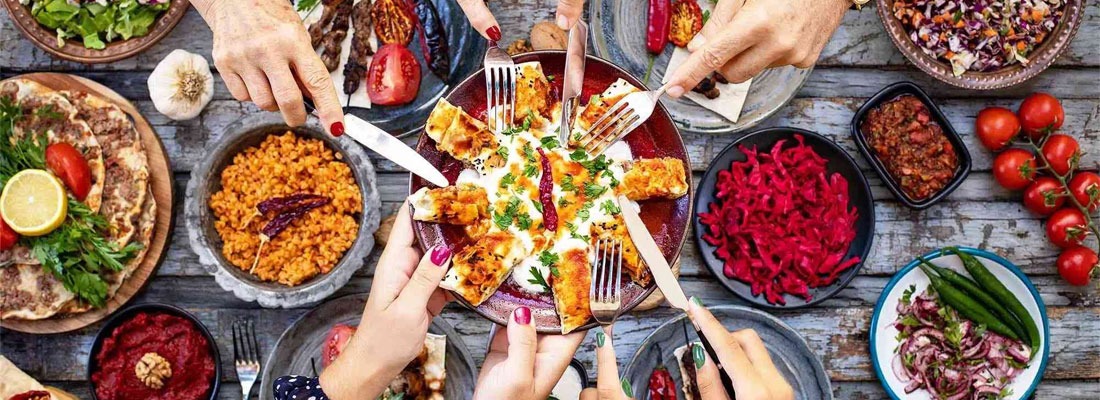Launching Delicious Traditions: Food Business Tips & Opportunities

Dubai's food & beverage market remains one of the most dynamic in the world, offering opportunity for entrepreneurs who combine authenticity, quality, and regulatory compliance. According to the KWS Middle East guide, starting a food business in Dubai requires careful planning, permits, licenses, and a clear understanding of market and customer expectations.
A strong business plan is non-negotiable: define your concept, target audience, operations, financials and marketing strategy clearly. The licensing landscape may feel complex, but getting licenses such as trade license, food safety permit, health certificate, and sometimes even homemade food license or manufacturing license (depending on the nature of your operations) are essential.
Key Steps & Strategic Decisions
- Choose legal structure and location: Whether you set up in Mainland Dubai or opt for a Free Zone, each jurisdiction has different licensing requirements, costs, and operational restrictions. Consider premises that comply with safety, food storage, and hygiene standards.
- Permits and approvals: Beyond the trade license, you'll need food safety approvals from Dubai Municipality, health certificates for staff handling food, and possibly additional certifications depending on whether manufacturing or large-scale preparation is involved.
- Compliance & safety: It's vital that facilities meet Dubai Food Code requirements for hygiene, waste disposal, transportation, and storage. For small or home-based food producers, there are specific "homemade food licenses" under the Food Watch platform.
Opportunities in Traditional & Cultural Cuisine
There is strong demand among residents and tourists alike for authentic street food moments and familiar desserts. Concepts centered on Best Chaat In Dubai can capture the hearts of those who crave vibrant, spicy, tangy Indian street-flavour experiences. Ensuring freshness, authenticity, and consistency will distinguish one's offering in a competitive environment.
Likewise, Indian Sweets In Dubai remain evergreen favourites halwa, gulab jamun, barfi, jalebi and more. But there is space for innovation: presentation, portioning, healthier recipes, fusion with gourmet plating, or premium packaging. Quality of ingredients, flavour, and the story behind each sweet can be the differentiators that attract loyal customers.
How to Excel & Grow
- Menu clarity & cost control: Price your chaat or sweet items carefully by calculating food cost, labour, overheads. This will help avoid losses in high-rent, high-competition areas.
- Quality & consistency: Authentic taste is crucial, but so is hygiene and consistent quality these two build trust.
- Marketing & visibility: Location matters, but so does online presence social media, food delivery platforms. Highlight what's special: if your sweets are handmade, premium quality; if your chaat is customised or healthier.
- Scalability: Plan for growth can your workflows, sourcing, license types scale? Will you expand to retail, cloud-kitchen, or event catering?
Dubai offers fertile ground for food entrepreneurs who respect the regulatory environment and bring something true, well-made, and delightful.
Satrang Foods is poised to succeed if it leverages its strengths in tradition (chaat, sweets) with professionalism and quality. Concepts like Best Chaat In Dubai or authentic Indian Sweets In Dubai done well will always find patrons in this city of diverse tastes.